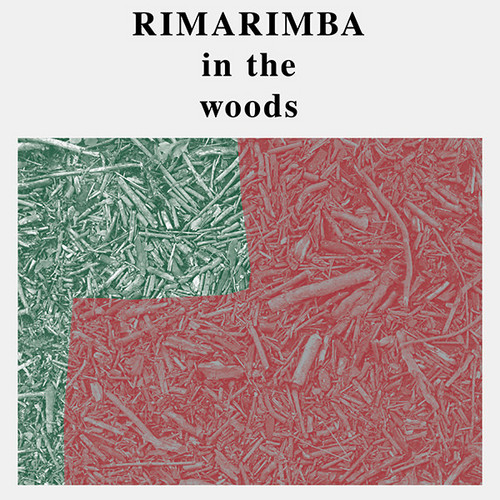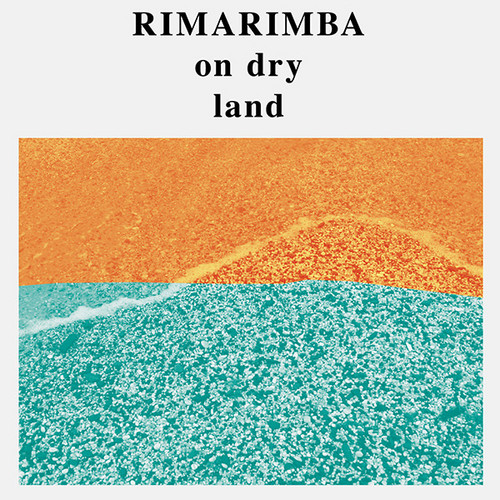Rimarimba
Rimarimba was the the brainchild of Robert Cox was born in 1953, near Woodbridge, Suffolk, UK and educated locally. A self-taught, lapsed, classical guitarist, he formed The Same in 1981 and released an album on his own label, Unlikely Records. This was followed by a single in 1982. The Same disbanded, to be succeeded by Rimarimba. Rimarimba’s music is mostly keyboard based with the occasional sampler oddity, weird treated vocals or guitar. Tracks are build on synth loops, interesting electronic sonorities, melodic counterpoint and humour
Rimarimba was the the brainchild of Robert Cox was born in 1953, near Woodbridge, Suffolk, UK and educated locally. A self-taught, lapsed, classical guitarist, he formed The Same in 1981 and released an album on his own label, Unlikely Records. This was followed by a single in 1982. The Same disbanded, to be succeeded by Rimarimba. Rimarimba’s music is mostly keyboard based with the occasional sampler oddity, weird treated vocals or guitar. Tracks are build on synth loops, interesting electronic sonorities, melodic counterpoint and humour
In the Woods
On Rimarimba’s 1985 album In The Woods, Robert Cox has made his music kit, an odd assortment of new and old technologies, lately fixated on the digital delay, and programming technologies, sing his own song at its most articulate clip. The songs seem more developed, fluent, like mini-suites in some sense. By his third album, it’s clear Cox has recognised just how liberating technology can be – “All these intricate layers of things that I was trying to play, and didn’t have the musical ability to…
On Dry Land
For Rimarimba’s 1984 album On Dry Land, Robert Cox advances along the terrain explored on Below The Horizon. It’s an enchanting album, one which, at times, seems to comment on its own practice; a picture of everyday life in the hobbyist’s, or part-time musician’s, recording studio. Some moments point towards the tourist-explorer aesthetic that would eventually coalesce under the banner of Fourth World music. Other moments where Cox seems to be channelling an otherness, a kind of hauntological re…

